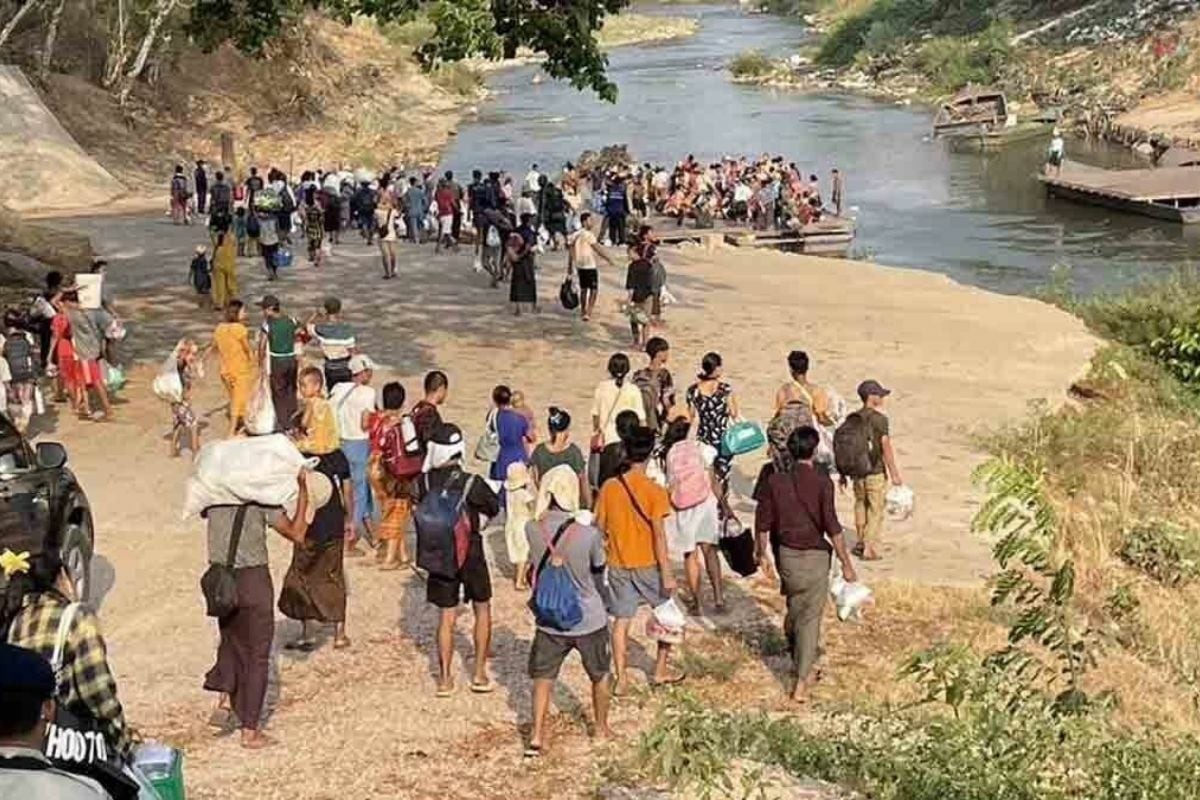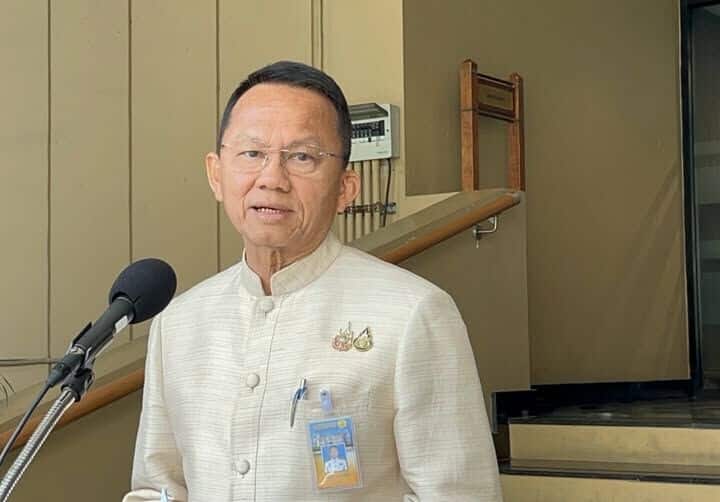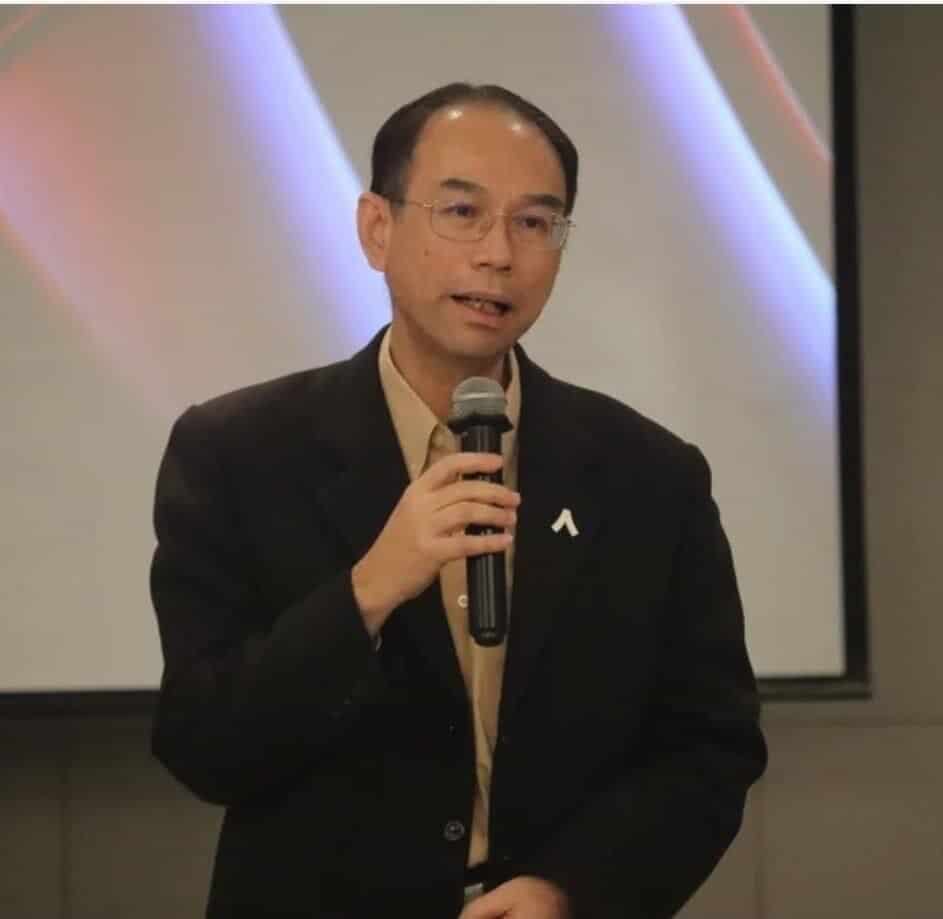Urgent healthcare support needed in Thai refugee shelters

The Ministry of Public Health has been advised to enhance healthcare support in temporary shelters, incorporating permanent healthcare facilities and refugee health volunteers.
Former chairperson of the subcommittee on ethnic human rights, Surapong Kongchantuk, emphasised the urgency of the situation following the US government’s withdrawal of support.
Surapong, who has worked with stateless individuals, migrant workers, and displaced persons, advised the Ministry of Public Health to address the healthcare challenges in temporary shelters.
The United States recently suspended funding for health and protection programmes at the Thai-Myanmar border through the International Rescue Committee (IRC) for three months, aiming to reassess its foreign policies. This suspension led to the closure of healthcare facilities in the shelters due to a lack of medical staff.
On February 9, Health Minister Somsak Thepsuthin highlighted urgent measures, including the establishment of a command centre to coordinate with border hospitals for patient care. Daily situation reports and guidelines were issued to border hospitals, with a Rapid Response Team (RRT) working alongside provincial health offices to deploy mobile medical teams weekly.
These teams, supported by border hospitals, include additional medical personnel, nurses, and health officers. The use of telemedicine is being promoted to reduce the need for travel, and collaboration with civil society to support health care is being encouraged.

The ministry has implemented an emergency and chronic disease referral system to major hospitals without complex paperwork, arranged special ambulances, and increased funding for border hospitals to manage rising patient numbers.
Additional medication and medical supplies are on standby, along with environmental sanitation and disease control measures.
Surapong stressed that healthcare is a fundamental human right accessible to all without exception. Providing healthcare to refugees not only ensures their well-being but also prevents the spread of infectious diseases.
Hence, the Ministry of Public Health must take responsibility for the health and well-being of people in temporary shelters.

He argued that weekly visits by mobile medical teams are inadequate to meet the daily health needs of refugees. It is essential to have permanent healthcare facilities and dedicated medical staff within the shelters.
Supporting hospitals with additional doctors, budgets, and equipment is crucial and urgent. Delays can lead to losses, as every human life is valuable and significant.
Surapong also highlighted the importance of infrastructure and sanitation within the temporary shelters, such as clean water systems, waste management, and disease prevention. Public health is not limited to healthcare facilities but extends to establishing volunteer health workers in the shelters, similar to village health volunteers in Thai communities.
He underscored the need for a genuine government policy and measures to address the issue of refugees in temporary shelters, rather than merely confining them or relying on international organisations for indefinite aid.
With reduced international support, most refugees cannot return to their home countries, and only a few can move to third countries. Allowing these individuals to work as special labour under state regulations could provide them with legitimate income and address Thailand’s labour shortages, which often require importing workers from neighbouring countries.
Currently, over 800,000 refugees reside in temporary shelters, primarily children and the elderly, with about 30,000 being potential workers. This number represents just 1% of Thailand’s demand for over 3 million migrant workers, reported KhaoSod.
Latest Thailand News
Follow The Thaiger on Google News:


























